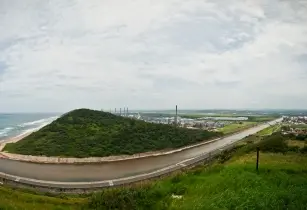As oil prices remain low, tight margins are now tighter, increasing the focus on operational excellence and the drive for an efficient, productive, safe work environment
However, since operational excellence means many things to many people, it’s worth considering the five basic premises on which it is based. These are:
• Achieving a workplace that is free from incidents and injuries;
• Mitigating all significant workplace health risks and promoting a healthy and safe workforce.
• Identifying and then mitigating environmental and process safety risks.
• Ensuring that asset integrity and reliability attains the highest standards.
• Ensuring that all natural resources and assets are used efficiently.
But can these standards be met during a shutdown turnaround outage (STO)?
Managing hazards and deadlines
Achieving operational excellence is no straightforward task – even during normal operational procedures. But achieving operational excellence during periods of change create a greater number of process hazards and
high-risk activities. It’s not surprising, therefore, that activities such as STO often severely testan organisation’s ability to achieve operational excellence –even though such activity is mandated to be repeated on a regular, if not frequent, basis.
A behemoth of planning and seemingly endless paperwork, the STO looms large on any operator’s calendar. It is not unknown for an STO to involve more than 40,000 separate jobs;the average duration ranges from 20 to 60 days, depending on the type of work that is required. A 200,000-barrel-per-day refinery can see its on-site staff numbers triple or even quadruple, from 500 to 2,000, during a turnaround project.
This tension between managing risks and delivering to time is a constant challenge of the STO process in particular, and operational efficiency in general.
The rest of this article can be read on page 28 in the latest issue of Oil Review Africa:
https://www.oilreviewafrica.com/current-issue






